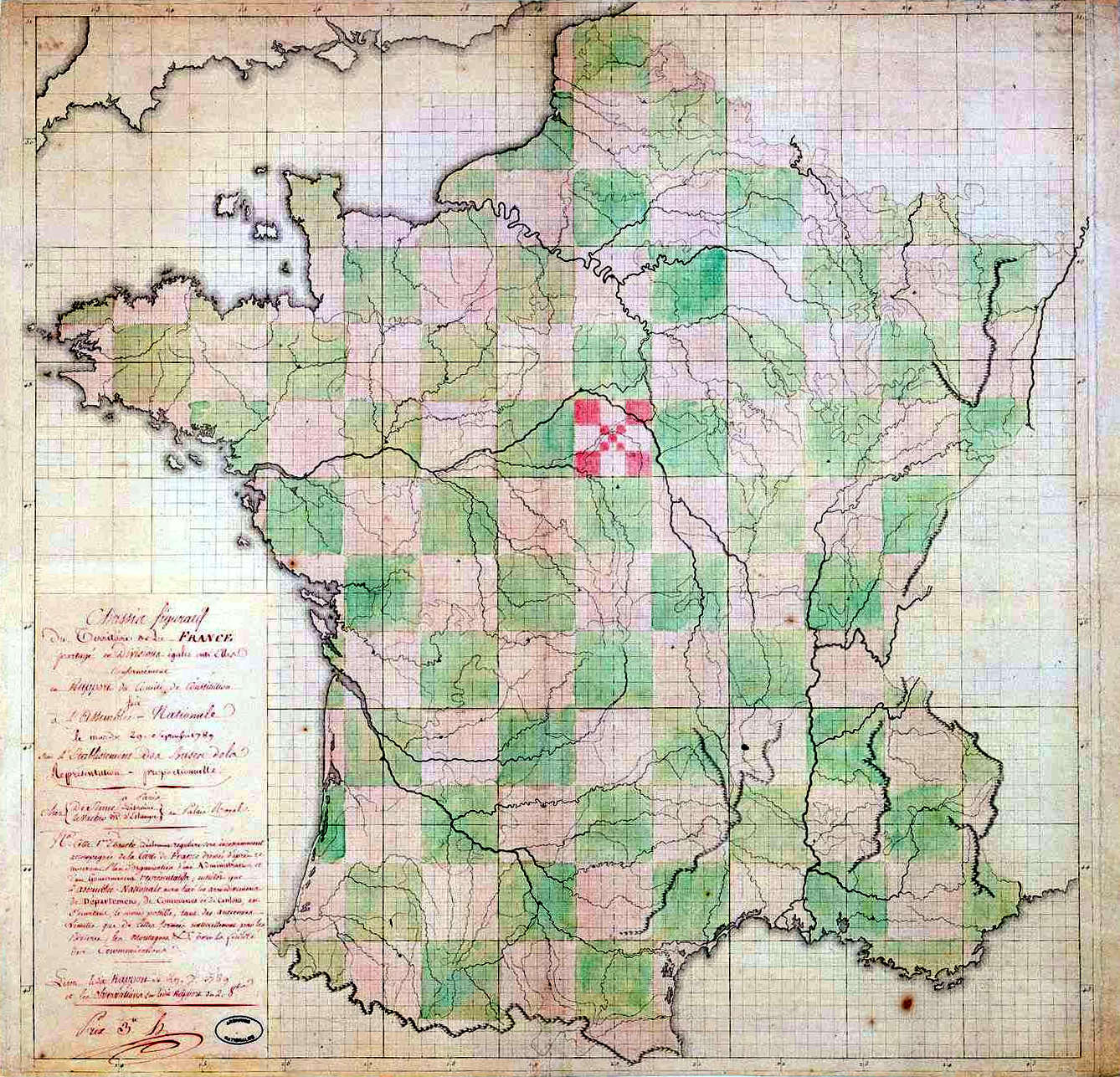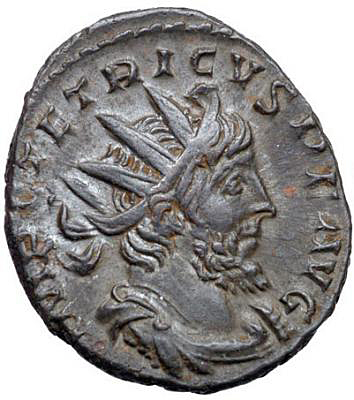|
Glandieu
Glandieu () is a village in the Ain Departments of France, department in eastern France. It is divided on the territory of two Communes of France, communes by the Gland, which here forms the Glandieu Fall, Glandieu waterfall. The northern part of Glandieu is annexed to the commune of Groslée-Saint-Benoît. The southern part belongs to that of Brégnier-Cordon. Besides the waterfall, Glandieu is also known for its cave and lake. Unlike the other "''ieu''" toponyms of the region (Izieu, Peyrieu, etc.), Glandieu derives its name from the Gallic Empire, Gallic and from the roots "''glano''" (pure) and "''eu''" (water).Anne-Marie Vurpas et Claude Michel, ''Noms de lieux de l'Ain'', Bonneton, 1999 See also *Communes of the Ain department Photo gallery Image:Rue principale de Glandieu (octobre 2019).jpg Image:PetitGlandieu.jpg References Geography of Ain Villages in Auvergne-Rhône-Alpes Ain communes articles needing translation from French Wikipedia {{Ain-geo-st ... [...More Info...] [...Related Items...] OR: [Wikipedia] [Google] [Baidu] |
Glandieu Fall
The Glandieu Fall (French language, French: Cascade de Glandieu) is a small waterfall in France. The fall is situated in Glandieu, in the Ain Department, between the villages of Brégnier-Cordon and Saint-Benoît, Ain, Saint-Benoît. It consists of two consecutive waterfall steps, for a total height of 60 metres, which carry the water of the Gland (river), Gland into the Rhône basin. Until few time ago there was a marble quarry near the waterfall, in Brégnier-Cordon area, which used its hydroelectric energy. Two small hydroelectric power stations are still in operation, one for each municipality. Gallery Glandieu (Saint-Benoît).JPG, The limit between Brégnier-Cordon and Saint-Benoît, Ain, Saint-Benoît with, right side, the label to the Fall. Glandieu Falls France.jpg, Other view of the Fall. References External links Landforms of Ain Ain Waterfalls of France Tourist attractions in Ain Tiered waterfalls {{Ain-geo-stub ... [...More Info...] [...Related Items...] OR: [Wikipedia] [Google] [Baidu] |
Brégnier-Cordon
Brégnier-Cordon () is a Communes of France, commune in the Ain Departments of France, department in eastern France. Geography Brégnier-Cordon lies 20 km south of Belley. It is located in a bend of the Rhône on the edge of Savoie (on the southeast) and Isère (on the west). The bridge at Cordon joins the commune to Aoste, Isère, Aoste, in the Isère department. It borders the communes of Groslée-Saint-Benoît, Prémeyzel, Izieu, Murs-et-Gélignieux, Champagneux, Saint-Genix-les-Villages, Aoste, Isère, Aoste and Les Avenières-Veyrins-Thuellin. The territory of the commune lies principally in the plain of the Rhône at the foot of the Jura Mountains. On the north, it is bordered by the Gland (river), Gland. The Lake and Glandieu Fall, Falls of Glandieu are located in the commune near the hamlet of the same name. Population Transportation The commune is on the D19 highway coming from Sault-Brénaz and going to the northwest. This becomes the D992 south of the commune ... [...More Info...] [...Related Items...] OR: [Wikipedia] [Google] [Baidu] |
Departments Of France
In the administrative divisions of France, the department (, ) is one of the three levels of government under the national level ("territorial collectivity, territorial collectivities"), between the Regions of France, administrative regions and the Communes of France, communes. There are a total of 101 departments, consisting of ninety-six departments in metropolitan France, and five Overseas department and region, overseas departments, which are also classified as overseas regions. Departments are further subdivided into 333 Arrondissements of France, arrondissements and 2,054 Cantons of France, cantons (as of 2023). These last two levels of government have no political autonomy, instead serving as the administrative basis for the local organisation of police, fire departments, and, in certain cases, elections. Each department is administered by an elected body called a departmental council (France), departmental council ( , ). From 1800 to April 2015, these were called gene ... [...More Info...] [...Related Items...] OR: [Wikipedia] [Google] [Baidu] |
France
France, officially the French Republic, is a country located primarily in Western Europe. Overseas France, Its overseas regions and territories include French Guiana in South America, Saint Pierre and Miquelon in the Atlantic Ocean#North Atlantic, North Atlantic, the French West Indies, and List of islands of France, many islands in Oceania and the Indian Ocean, giving it Exclusive economic zone of France, one of the largest discontiguous exclusive economic zones in the world. Metropolitan France shares borders with Belgium and Luxembourg to the north; Germany to the northeast; Switzerland to the east; Italy and Monaco to the southeast; Andorra and Spain to the south; and a maritime border with the United Kingdom to the northwest. Its metropolitan area extends from the Rhine to the Atlantic Ocean and from the Mediterranean Sea to the English Channel and the North Sea. Its Regions of France, eighteen integral regions—five of which are overseas—span a combined area of and hav ... [...More Info...] [...Related Items...] OR: [Wikipedia] [Google] [Baidu] |
Communes Of France
A () is a level of administrative divisions of France, administrative division in the France, French Republic. French are analogous to civil townships and incorporated municipality, municipalities in Canada and the United States; ' in Germany; ' in Italy; ' in Spain; or civil parishes in the United Kingdom. are based on historical geographic communities or villages and are vested with significant powers to manage the populations and land of the geographic area covered. The are the fourth-level administrative divisions of France. vary widely in size and area, from large sprawling cities with millions of inhabitants like Paris, to small hamlet (place), hamlets with only a handful of inhabitants. typically are based on pre-existing villages and facilitate local governance. All have names, but not all named geographic areas or groups of people residing together are ( or ), the difference residing in the lack of administrative powers. Except for the Municipal arrondissem ... [...More Info...] [...Related Items...] OR: [Wikipedia] [Google] [Baidu] |
Groslée-Saint-Benoît
Groslée-Saint-Benoît () is a commune in the Ain department of eastern France. The municipality was incorporated on 1 January 2016 and consists of the former communes of Groslée and Saint-Benoît. 30 December 2015 Politics and administration Municipal administration List of mayors See also *Communes of the Ain department
The following is a list of the 391 communes of the Ain department of France.
The communes cooperate in the following intercommunalities (as of 2025):
[...More Info...] [...Related Items...] OR: [Wikipedia] [Google] [Baidu] |
Gallic Empire
The Gallic Empire or Gallo-Roman Empire are names used in modern historiography for a secession, breakaway part of the Roman Empire that functioned ''de facto'' as a separate state from 260 to 274. It originated during the Crisis of the Third Century, when a series of Roman military leaders and aristocrats Roman usurpers, declared themselves emperors and took control of Roman Gaul, Gaul and adjacent provinces without attempting to conquer Roman Italy, Italy or otherwise seize the central Roman administrative apparatus. The Gallic Empire was established by Postumus in 260 in the wake of barbarian invasions and instability in Rome, and at its height included the territories of Germania, Gaul, Roman Britain, Britannia, and (for a time) Hispania. After Postumus' assassination in 269 it lost much of its territory, but continued under a number of emperors and usurpers. It was retaken by Roman emperor Aurelian after the Battle of Châlons (274), Battle of Châlons in 274. History Origin ... [...More Info...] [...Related Items...] OR: [Wikipedia] [Google] [Baidu] |
Communes Of The Ain Department
The following is a list of the 391 communes of the Ain department of France. The communes cooperate in the following intercommunalities (as of 2025):Périmètre des groupements en 2025 BANATIC. Accessed 28 May 2025. * Communauté d'agglomération du Bassin de Bourg-en-Bresse * Haut-Bugey Agglomération * Communauté d'agglomération du Pays de Gex * [...More Info...] [...Related Items...] OR: [Wikipedia] [Google] [Baidu] |
Geography Of Ain
Geography (from Ancient Greek ; combining 'Earth' and 'write', literally 'Earth writing') is the study of the lands, features, inhabitants, and phenomena of Earth. Geography is an all-encompassing discipline that seeks an understanding of Earth and its human and natural complexities—not merely where objects are, but also how they have changed and come to be. While geography is specific to Earth, many concepts can be applied more broadly to other celestial bodies in the field of planetary science. Geography has been called "a bridge between natural science and social science disciplines." Origins of many of the concepts in geography can be traced to Greek Eratosthenes of Cyrene, who may have coined the term "geographia" (). The first recorded use of the word γεωγραφία was as the title of a book by Greek scholar Claudius Ptolemy (100 – 170 AD). This work created the so-called "Ptolemaic tradition" of geography, which included "Ptolemaic cartographic theory." ... [...More Info...] [...Related Items...] OR: [Wikipedia] [Google] [Baidu] |
Villages In Auvergne-Rhône-Alpes
A village is a human settlement or community, larger than a hamlet but smaller than a town with a population typically ranging from a few hundred to a few thousand. Although villages are often located in rural areas, the term urban village is also applied to certain urban neighborhoods. Villages are normally permanent, with fixed dwellings; however, transient villages can occur. Further, the dwellings of a village are fairly close to one another, not scattered broadly over the landscape, as a dispersed settlement. In the past, villages were a usual form of community for societies that practice subsistence agriculture and also for some non-agricultural societies. In Great Britain, a hamlet earned the right to be called a village when it built a church.-4; we might wonder whether there's a point at which it's appropriate to talk of the beginnings of French, that is, when it wa ... ''village'', from Latin ''villāticus'', ultimately from Latin ''villa'' (English ''villa''). Ce ... [...More Info...] [...Related Items...] OR: [Wikipedia] [Google] [Baidu] |




